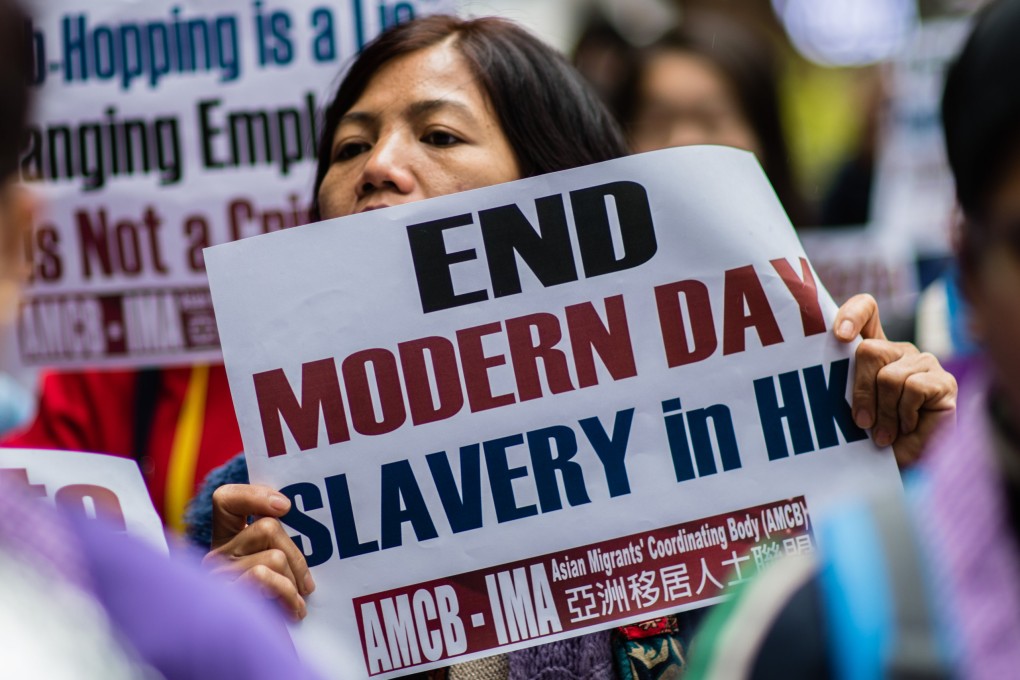Inside Out | ‘Modern slavery’ can best be prevented by focusing on economic growth and education, not lofty UN goals
- ‘Modern slavery’ is terrible, but practices such as forced labour and forced marriage have existed for centuries and hoping to end them is misguided
- Our best bet is to stay alert, develop practices to minimise harm and work on economic growth, good education for everyone and reducing poverty

The World Bank says an extra 75 million to 95 million people are now living in extreme poverty, reversing three decades of progress. Since poverty is a key driver of both forced labour and forced marriage, the authors of the UN report fear that a sharp increase in “modern slavery” will be a lasting legacy of the pandemic.
Unicef and the UN Population Fund have warned that up to 13 million girls will be forced into marriage by pandemic-linked poverty. The Population Fund says that every three months of Covid-19 lockdown has triggered 15 million additional cases of gender-based violence, mostly against women. Save the Children says 452 million children lived in conflict zones in 2020, many of them orphans and severely vulnerable to exploitation.

